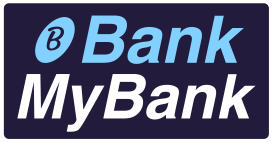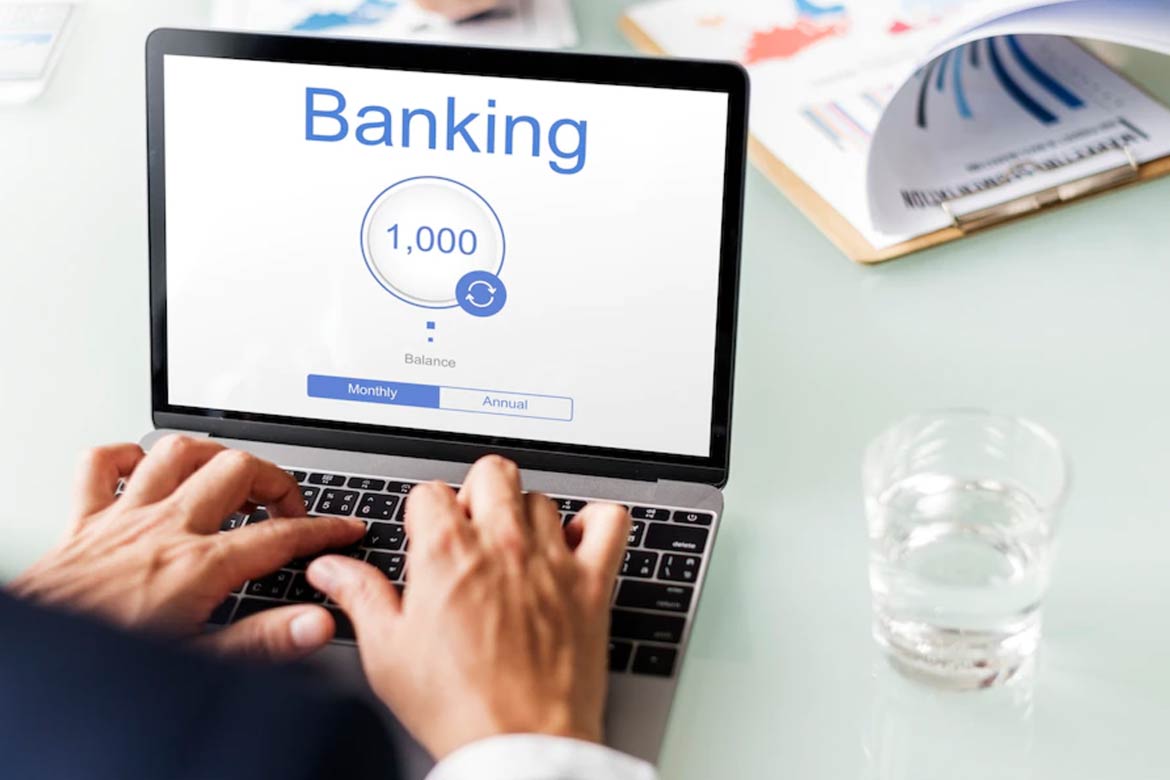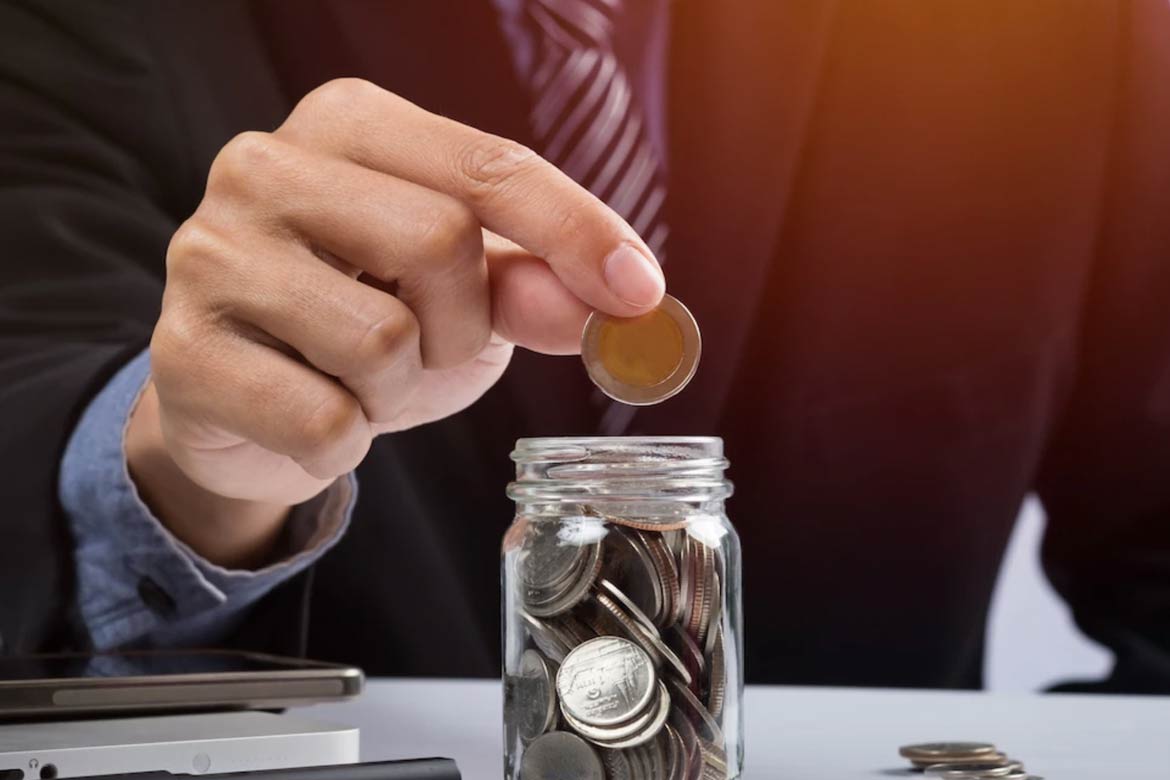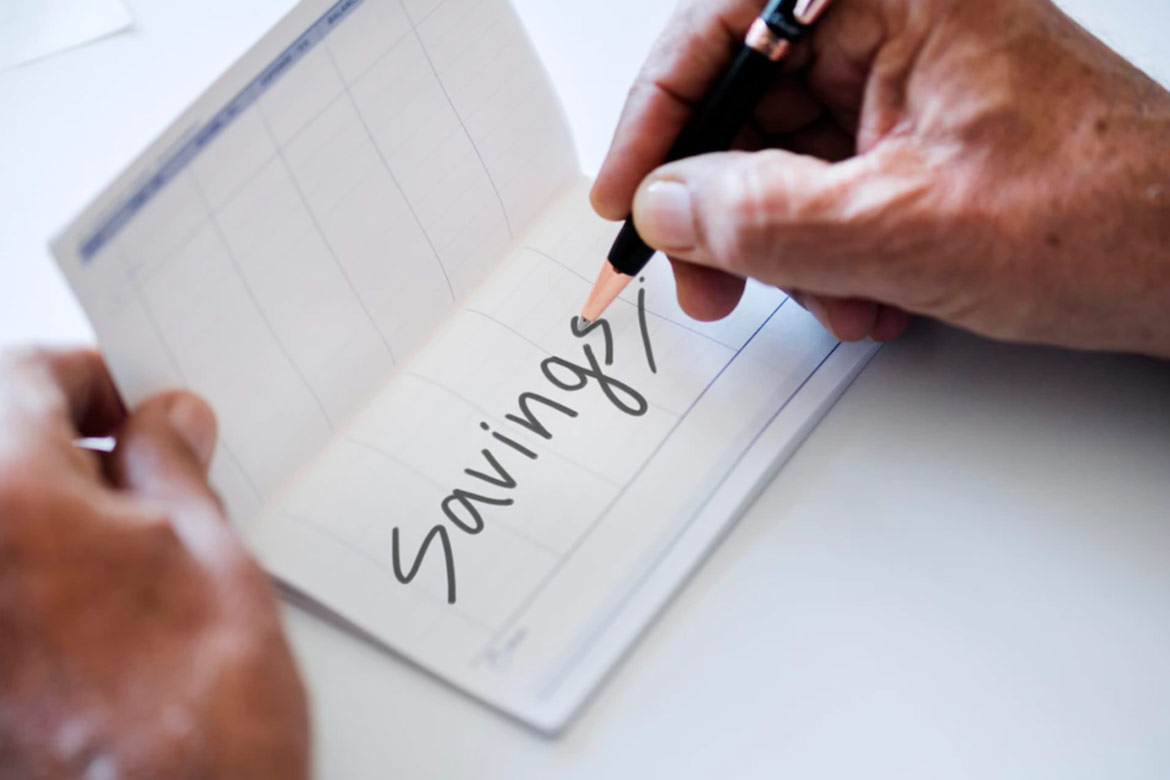It’s possible that you have never considered the benefits of having a bank account, regardless of whether you are opening your first account or opening your first bank account in the United States. One was just opened.
That subject becomes more intriguing now that there are other ways to obtain money and pay bills. Do you actually need a bank account given the fees and inconveniences associated with having one? Explore this query by reading on.
Read More: What Exactly Are Arrears and How Do They Work?
Why Would You Use a Bank?
If you have never used a bank before or if you have lived in a nation where the banking system is unreliable, you might be wondering why you would want to do so at all. Surviving without a bank account is undoubtedly simpler than ever.
Users of prepaid debit cards can make purchases offline and online, pay bills, and withdraw cash from ATMs just like they would with a typical bank account. Both the IRS and many businesses will load your paycheck onto a prepaid debit card when you receive your tax refund (though this option has many drawbacks).
KEY TAKEWAYS
Banks are businesses that lend money and take deposits.
Given current technological advancements, many individuals question if a traditional banking account is actually required.
Prepaid debit cards are frequently used for online shopping and ATM withdrawals, while online payment systems like PayPal can be used to send money.
Security, convenience, and the potential availability of alternative investment options are benefits of using bank accounts.
Some banks that exclusively accept payments online have lower fees and greater interest rates than conventional brick-and-mortar banks.
You can send and receive money using online services like PayPal and Venmo without having a bank account. By cashing your paycheck at Walmart or a check-cashing business and paying your bills in person at a Walmart Money Center or a check-cashing business, you may also run an all-cash system.
Yet, if you have minimal requirements for opening a bank account, you might value the various advantages of a bank, starting with the improvement of your financial security.
1. Bank Security
It is risky to keep all of your cash at home. There is a chance that your house will be broken into. A child, relative, or acquaintance who is familiar with you and knows that you store your money at home could steal from you. Most of the locations where people hide their money are known to be burglary targets. Even worse, you might be robbed at home.
Another risk is that your money could be lost in the event of a fire or flood, and homeowner’s insurance only covers a portion of lost funds. If you bury it in the backyard, the container it was placed in can get broken or start to rot, which would ruin your money. You can also simply lose track of where you’ve hidden your money. Did you smuggle that $100 into your favorite book on page 52, tape it to the back of the family photo in your bedroom, or bury it in an oatmeal tin at the back of the pantry? It’s also less secure to store all of your money on prepaid debit cards than at a bank.
When you’re living paycheck to paycheck, the most you’re ever at risk of losing or having stolen is the amount of your most recent salary, which, if money is tight, you obviously can’t afford to lose. It is crucial to protect your money. Whenever you have more than a few hundred dollars in your account, you should start thinking about protecting your funds.
Your money is safest kept in a bank account. Your deposits are insured by the Federal Deposit Insurance Corporation (FDIC) or the National Credit Union Association (up to the FDIC insurance limitations) if you choose a reputable bank with one of these insurance programs.
Even through financial crises like the 2008 recession and the savings-and-loan crisis of the 1980s and 1990s, the FDIC’s guarantee has so far proven to be completely reliable.
Read More: Renault special discount in India up to Rs 1.30 lakh.
2. Bank Convenience
When you have money in the bank, you may access it from anywhere—online, across town, even abroad—in person at your neighborhood branch, at the grocery store’s ATM, and so on. A checking account also makes paying bills much simpler and less expensive. You won’t need to go to a store, check-cashing facility, or service provider’s office to send payments, and you won’t have to buy a cashier’s check or pay a transfer fee to transmit those payments.
Instead, you can utilize the free online bill-pay option offered by your bank, or if you’d rather handle things in a traditional and less secure manner, you can write a check and send it, which is also free minus the cost of postage. The advantages of employing a bank to safeguard your funds are comparable to those of a credit union.
3. Investing and saving
Whenever your income exceeds your monthly expenses, you should start saving and investing your money in order to increase your financial stability. This means moving beyond a checking account.
If you have money saved up, you can handle sporadic costs like auto repairs even if they don’t fit into your monthly spending plan. You can survive a period of unemployment if you have a sizable emergency fund. And if you have enough emergency funds to last for several months, you should move your surplus funds into a retirement account.
If you only want to keep your money in your mattress or on a prepaid debit card, you simply can’t take advantage of the chance to make money in the stock market or earn interest on deposits.





